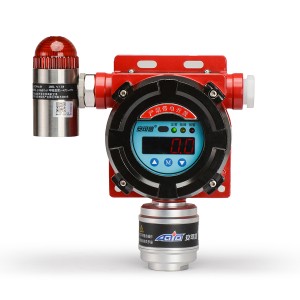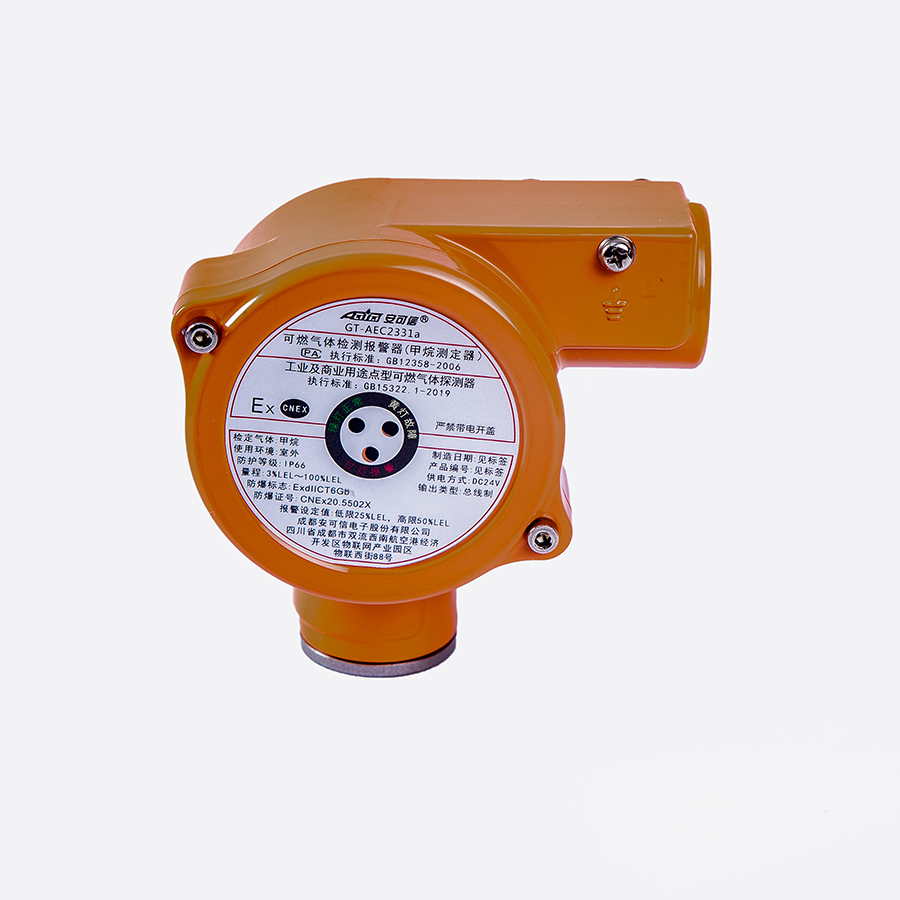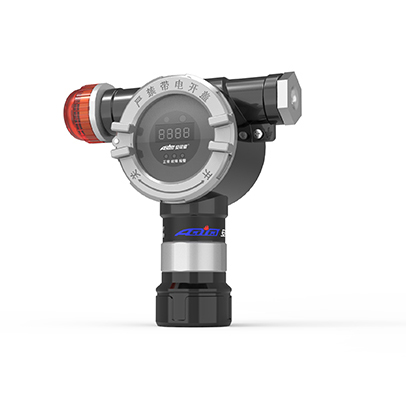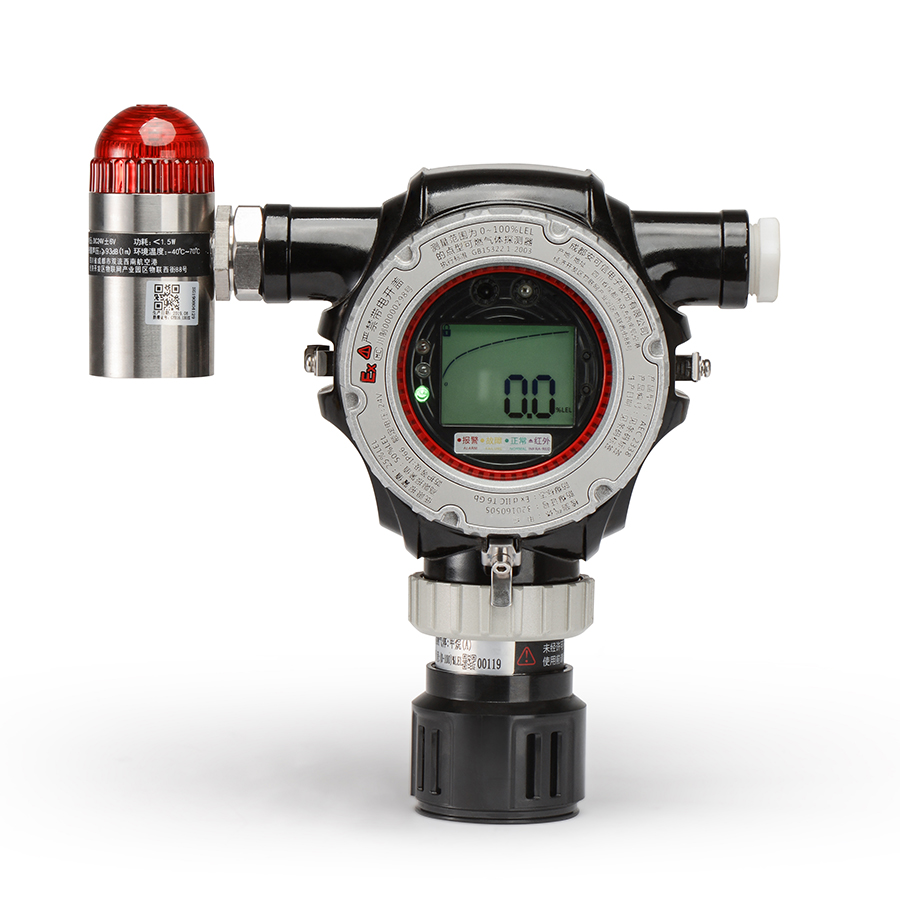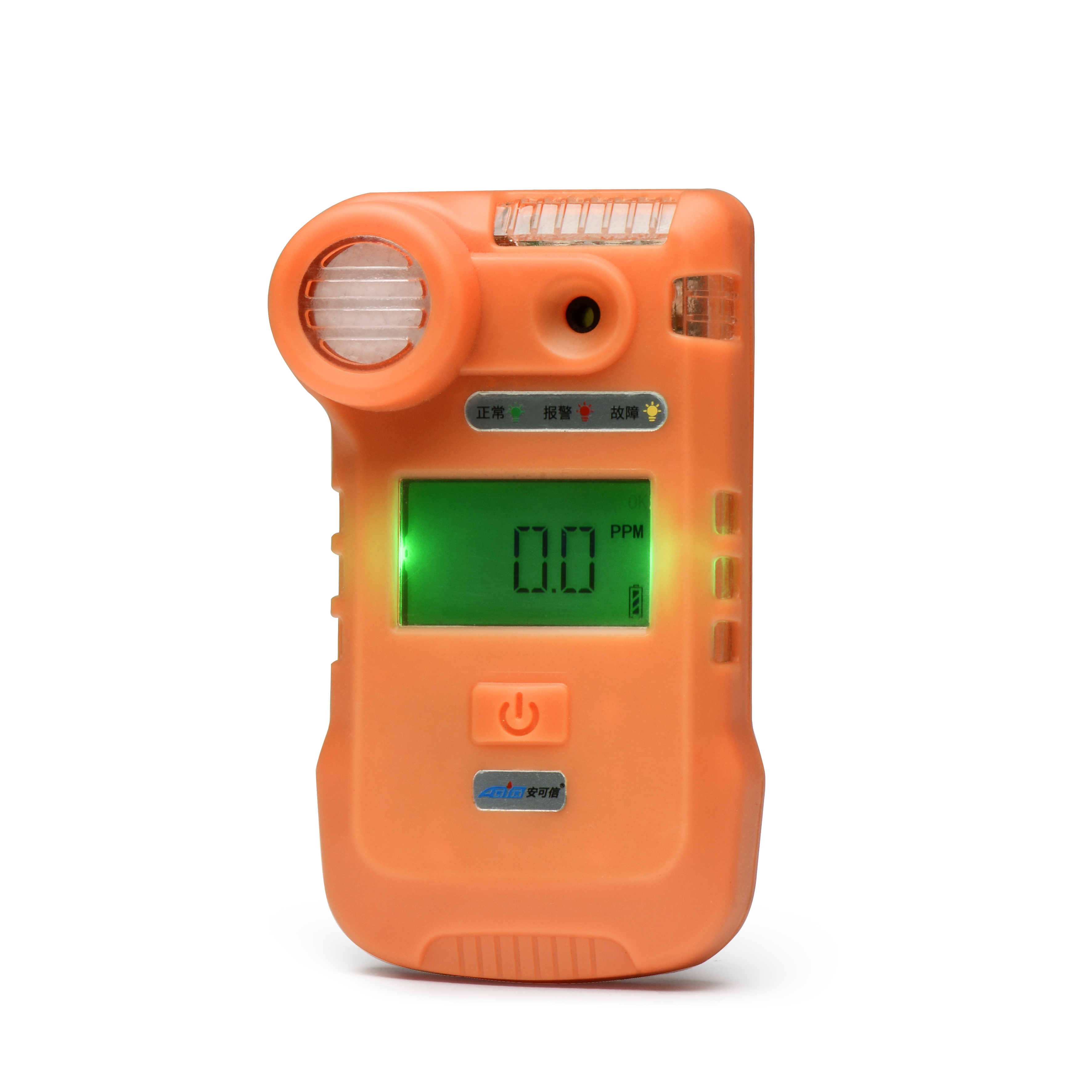
Call Support 24/7
+86-28-68724242

product
Gas Detector AEC2232bX Series Toxic & Combustible Gas Detector – Action
Gas Detector AEC2232bX Series Toxic & Combustible Gas Detector – Action Detail:
Product Selling Point
1) 4 ~ 20mA standard signal, supporting HART protocol
Lightweight design, three wire system (4 ~ 20) mA standard signal, using first-line brand imported sensor, supporting HART protocol
2) Highly-integrated functional module design
The sensor module integrates a sensor and a processing circuit, to complete all data operation and signal switching of the detector independently. Its unique heating function expands the detector’s low temperature service capability. The detector module is for power supply, communication and output functions;
3) Overlimit protection for high concentration
In case of overlimit of high concentration gas, the sensor module can cut off power supply automatically. Detection works every 30s until the concentration is normal and power supply is resumed. This function can prevent reduction of the sensor’s service life resulted from being submerged in high concentration gas;
4) Standardized digital interface
Standard digital interfaces are used between modules. Anti-misplug gold-plated pins are good for on-site hot plug replacement;
5) Flexible combination and multiple output modes
Multiple detector modules and multiple types of sensor modules can be combined flexibly to form detectors with special output functions and applicable to different targets to meet customers’ customized demands;
6) Replace a sensor as easy as replacing a bulb
Sensor modules for different gases and ranges can be replaced freely. No calibration is required after replacement. That is, the detector can read ex-factory calibrated data and work immediately. In this way, the product has a longer service life. Meanwhile, detection calibration can be done easily at different sites, avoiding complicated dismantling process and difficult on-site calibration and reducing later maintenance cost;
7) On-site LED concentration display, and diversified calibration modes
Highlight LED real-time concentration display, with farther and wider visual distance and angle, applicable to industrial environment requirements; the detector can be set/calibrated in different ways, such as by keys or by an IR remote controller or a magnetic bar, and it is easy to operate;
8) Explosion-proof design
Enclosure of this product is made of cast aluminum or stainless steel materials and its explosion proof grade reaches Exd II CT6 Gb.
Product Parameter Characteristics
|
Optional sensor |
Catalytic combustion, Semiconductor, Electrochemical, Infrared ray(IR), Photoion(PID) |
||||
|
Sampling mode |
Diffusive sampling |
Operating voltage |
DC24V±6V |
||
|
Alarm error |
Combustible gases |
±3%LEL |
Indication error |
Combustible gases |
±3%LEL |
|
toxic and hazardous gases |
Alarm setting value ±15%, O2:±1.0%VOL |
toxic and hazardous gases |
±3%FS ( toxic and hazardous gases), ±2%FS (O2) | ||
|
Power consumption |
3W(DC24V) |
Signal transmission distance |
≤1500m(2.5mm²) |
||
| Press range |
86kPa~106kPa |
Humidity range |
≤93%RH |
||
|
Explosion proof grade |
ExdⅡCT6 |
Protection grade |
IP66 |
||
|
Electrical interface |
NPT3/4" internal thread |
Shell material |
cast aluminum or stainless steel |
||
|
Operating temperature |
Catalytic combustion, Semiconductor, Infrared ray(IR): -40℃~+70℃; Electrochemical: -40℃~+50℃; Photoion(PID):-40℃~+60℃ |
||||
|
Optional signal transmission mode |
1) A-BUS+ four-bus system signal and contact outputs of two sets of relays2) Three-wire (4~20)mA standard signals and contact outputs of three sets of relaysNote:
(4~20) mA standard signal is {maximum load resistance: <250Ω(18VDC~20VDC), <500Ω(20VDC~30VDC)} The relay signal is {alarm relay passive normally open contact output; fault relay passive normally closed contact output (contact capacity: DC24V /1A)} |
||||
|
Alarm concentration |
The factory alarm setting value is different due to different sensors, the alarm concentration can be set arbitrarily in the full range, please consult | ||||

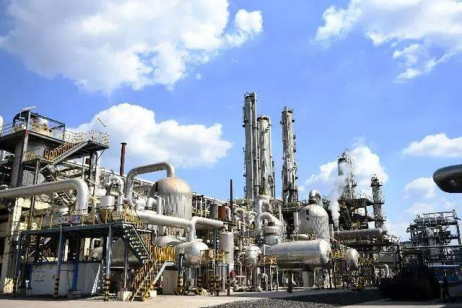
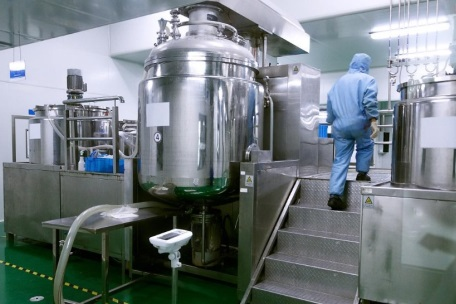
Product detail pictures:
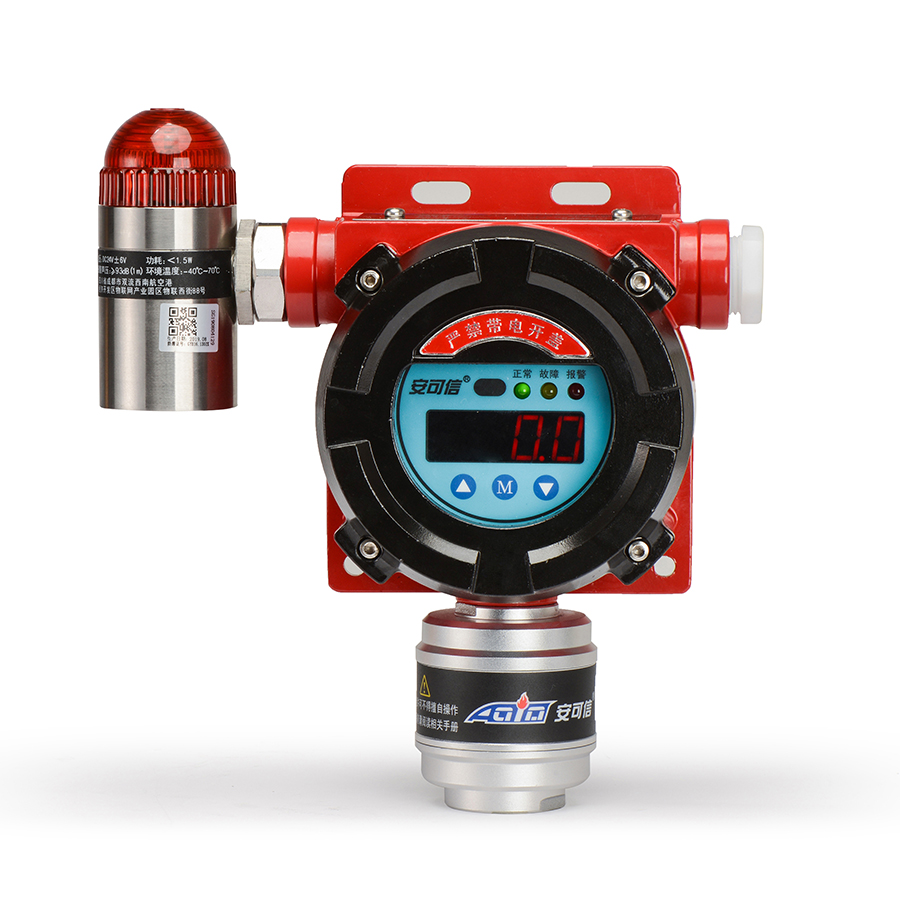


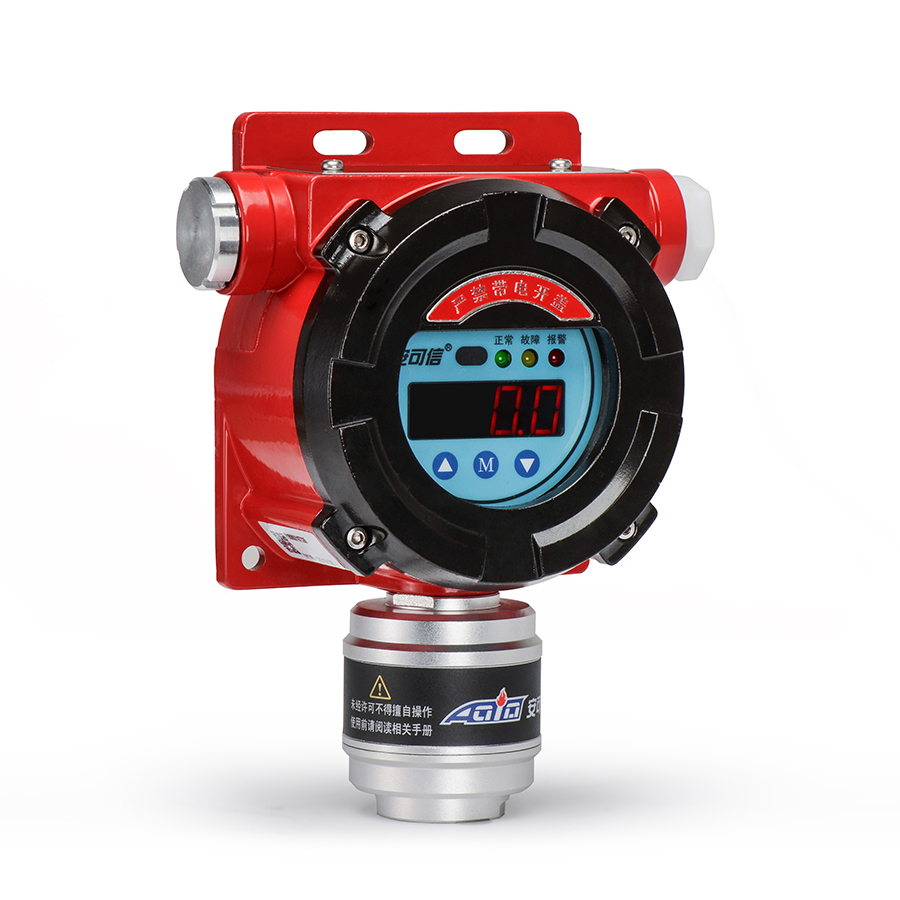
Related Product Guide:
Our advantages are lower prices,dynamic sales team,specialized QC,strong factories,high quality products and services for Gas Detector AEC2232bX Series Toxic & Combustible Gas Detector – Action , The product will supply to all over the world, such as: Anguilla, El Salvador, luzern, We taking advantage of experience workmanship, scientific administration and advanced equipment, ensure the product quality of production, we not only win the customers' faith, but also build up our brand. Today, our team is committed to innovation, and enlightenment and fusion with constant practice and outstanding wisdom and philosophy, we cater to the market demand for high-end products, to do professional products.
Production management mechanism is completed, quality is guaranteed, high credibility and service let the cooperation is easy, perfect!

